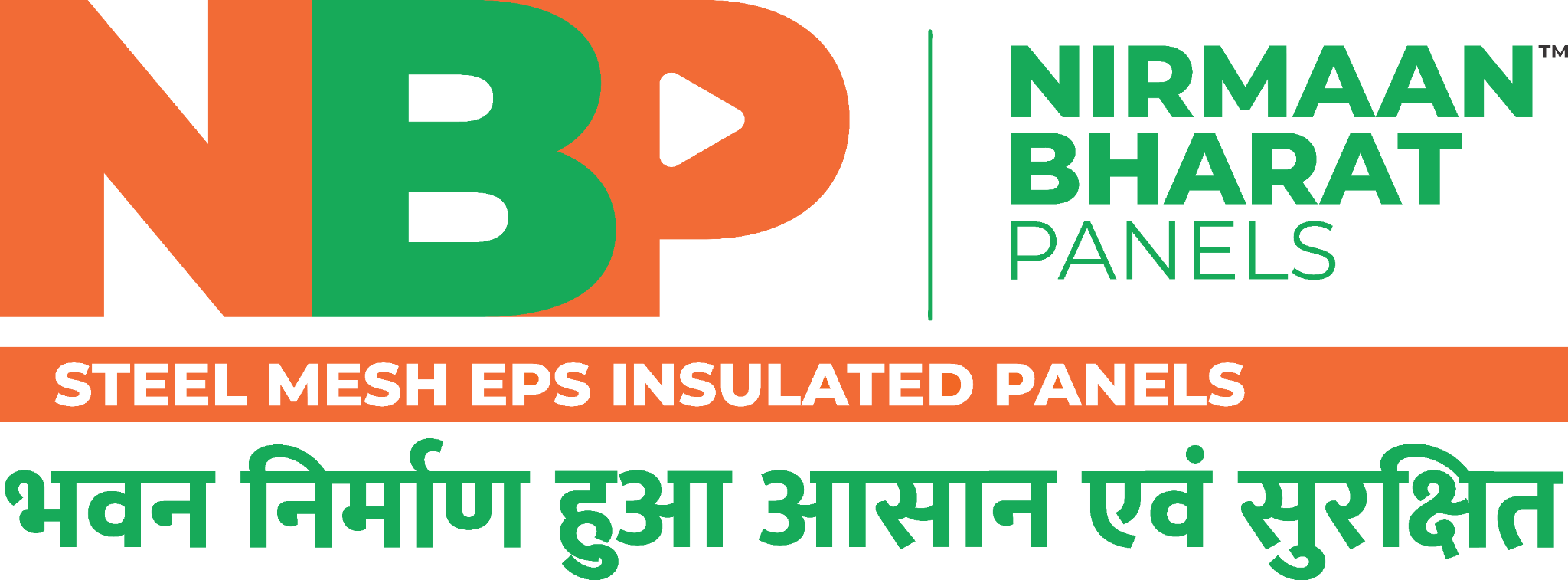In the ever-evolving landscape of construction materials, the quest for more efficient, sustainable, and cost-effective solutions has led to the rise of various alternative to traditional bricks. Among these innovations, Expanded Polystyrene (EPS) panels have emerged as a revolutionary option, serving as a notable alternative to bricks and offering unique advantages over conventional building materials. This blog delves into the features, benefits, and applications of EPS panels, comparing them to traditional bricks while addressing common questions to provide a comprehensive understanding of this innovative alternative.
Table of Contents
ToggleWhat are EPS Panels?
EPS panels are prefabricated structural elements made from expanded polystyrene, a lightweight, durable foam material. These panels typically consist of two layers of reinforced concrete, sandwiching an EPS core, which provides excellent insulation properties. EPS panels are designed for various applications, including walls, roofs, and floors, making them a versatile choice for modern construction.
Key Features of EPS Panels:
- Lightweight: EPS panels are significantly lighter than traditional bricks, which simplifies transportation and installation.
- High Insulation Value: The EPS core provides excellent thermal insulation, reducing energy consumption for heating and cooling.
- Fire Resistance: EPS panels can be treated for fire resistance, enhancing safety in construction.
- Moisture Resistance: EPS is naturally resistant to moisture, preventing issues like mold and rot.
- Customization: EPS panels can be manufactured in various sizes and thicknesses to suit specific construction needs.
Advantages of EPS Panels Over Traditional Bricks
1. Weight and Handling
One of the most significant advantages of EPS panels over traditional bricks is their weight. Traditional bricks are heavy, making transportation and handling labor-intensive. This can lead to increased labor costs and time delays on construction sites. In contrast, EPS panels are lightweight, allowing for easier installation and faster project completion. This characteristic is particularly beneficial in urban areas where labor costs are high, and project timelines are critical.
2. Thermal Insulation
Thermal efficiency is a crucial factor in modern construction. Traditional bricks have moderate insulation properties but often require additional insulation materials, which can increase costs and complexity. EPS panels, on the other hand, offer superior thermal insulation due to their foam core. This results in lower energy consumption for heating and cooling, ultimately leading to reduced energy bills for building occupants.
3. Cost-Effectiveness
While the initial cost of EPS panels may be higher than traditional bricks, the long-term savings can be significant. The reduced energy consumption from improved insulation, combined with lower labor costs due to easier handling, often results in a lower overall project cost. Additionally, the durability and longevity of EPS panels can lead to fewer repairs and replacements over time, further enhancing their cost-effectiveness.
4. Speed of Construction
Time is money in the construction industry. The lightweight nature of EPS panels allows for quicker installation compared to traditional bricks, which require more time for mortar application and setting. EPS panels can be erected in a fraction of the time, allowing for faster project completion. This speed is especially beneficial in commercial projects where time-sensitive deadlines are common.
5. Environmental Impact
Sustainability is a growing concern in construction. Traditional brick production involves high energy consumption and contributes to CO2 emissions. In contrast, EPS panels are manufactured with less energy and generate fewer emissions. Moreover, their superior insulation properties lead to reduced energy consumption in buildings, contributing to a lower carbon footprint throughout the building’s lifecycle.
Applications of EPS Panels
EPS panels are suitable for various applications in residential, commercial, and industrial construction. Some common uses include:
- Walls: EPS panels can be used for exterior and interior walls, providing excellent insulation and soundproofing.
- Roofs: Lightweight EPS panels are ideal for roofing systems, offering thermal efficiency and moisture resistance.
- Floors: EPS panels can be utilized for flooring systems, enhancing thermal comfort and reducing noise transmission.
Maintenance of EPS Panels Over Traditional Bricks
Maintaining EPS panels offers distinct advantages over traditional bricks, primarily due to their unique material properties. EPS panels are lightweight and resistant to moisture, making them less susceptible to mold and mildew, which can be significant issues for brick structures. In contrast, traditional bricks can absorb water, leading to potential damage over time, including cracking, efflorescence, and structural weaknesses. As an alternative to bricks, EPS panels provide a more durable solution that reduces maintenance concerns.
EPS panels require minimal maintenance. Regular inspections are typically sufficient to identify any surface damage or wear. Cleaning can often be accomplished with mild soap and water, and any damaged sections can be easily repaired or replaced without extensive labor.
Conversely, maintaining traditional brick walls often involves more intensive upkeep, including periodic sealing to prevent moisture penetration and routine cleaning to remove dirt and algae growth. Repairing brickwork can be labor-intensive, often requiring specialized skills to replace individual bricks or repoint mortar joints.
Ultimately, EPS panels not only simplify maintenance but also enhance the durability and longevity of the structure, making them a superior choice for modern construction compared to traditional bricks.
Comparing EPS Panels and Traditional Bricks
| Feature | EPS Panels | Traditional Bricks |
|---|---|---|
| Weight | Lightweight; easy to handle and transport | Heavy; requires more labor for handling |
| Thermal Insulation | Excellent; reduces energy consumption | Moderate; often requires additional insulation |
| Cost | Higher initial cost, but lower long-term cost | Lower initial cost, but higher long-term cost |
| Construction Speed | Fast installation; quick project completion | Slower installation; time-consuming |
| Environmental Impact | Lower carbon footprint; sustainable | Higher carbon footprint; less sustainable |
| Moisture Resistance | Naturally resistant to moisture | Prone to moisture issues without treatment |
| Customization | Easily customizable for specific needs | Limited customization options |
Conclusion
In conclusion, EPS panels present a compelling alternative to bricks, offering numerous advantages in terms of weight, thermal insulation, cost-effectiveness, construction speed, and environmental impact. As the construction industry continues to evolve, embracing innovative materials like EPS panels will be essential in meeting modern demands for efficiency, sustainability, and affordability.
For builders and contractors looking to enhance their projects with cutting-edge materials, EPS panels provide an innovative solution that aligns with current trends in sustainable construction. By considering the benefits outlined in this blog, decision-makers can make informed choices that ultimately lead to more successful and environmentally friendly building projects.
With Nirmaan Bharat Panels at the forefront of this innovation, the future of construction looks promising. If you’re considering your next building project, EPS panels might just be the game-changing solution you need.
FAQs about EPS Panels
Q1. Are EPS panels suitable for load-bearing walls?
Ans: Yes, EPS panels can be designed for load-bearing applications. When properly engineered and installed, they can support significant structural loads while providing insulation and other benefits.
Q2. How do EPS panels perform in extreme weather conditions?
Ans: EPS panels are highly durable and can withstand extreme weather conditions, including high winds, heavy rains, and snow loads. Their moisture resistance helps prevent water damage, making them a reliable choice for various climates.
Q3. Can EPS panels be recycled?
Ans: Yes, EPS panels can be recycled at specialized facilities. While they are not biodegradable, recycling processes can convert EPS waste into new products, reducing environmental impact.



